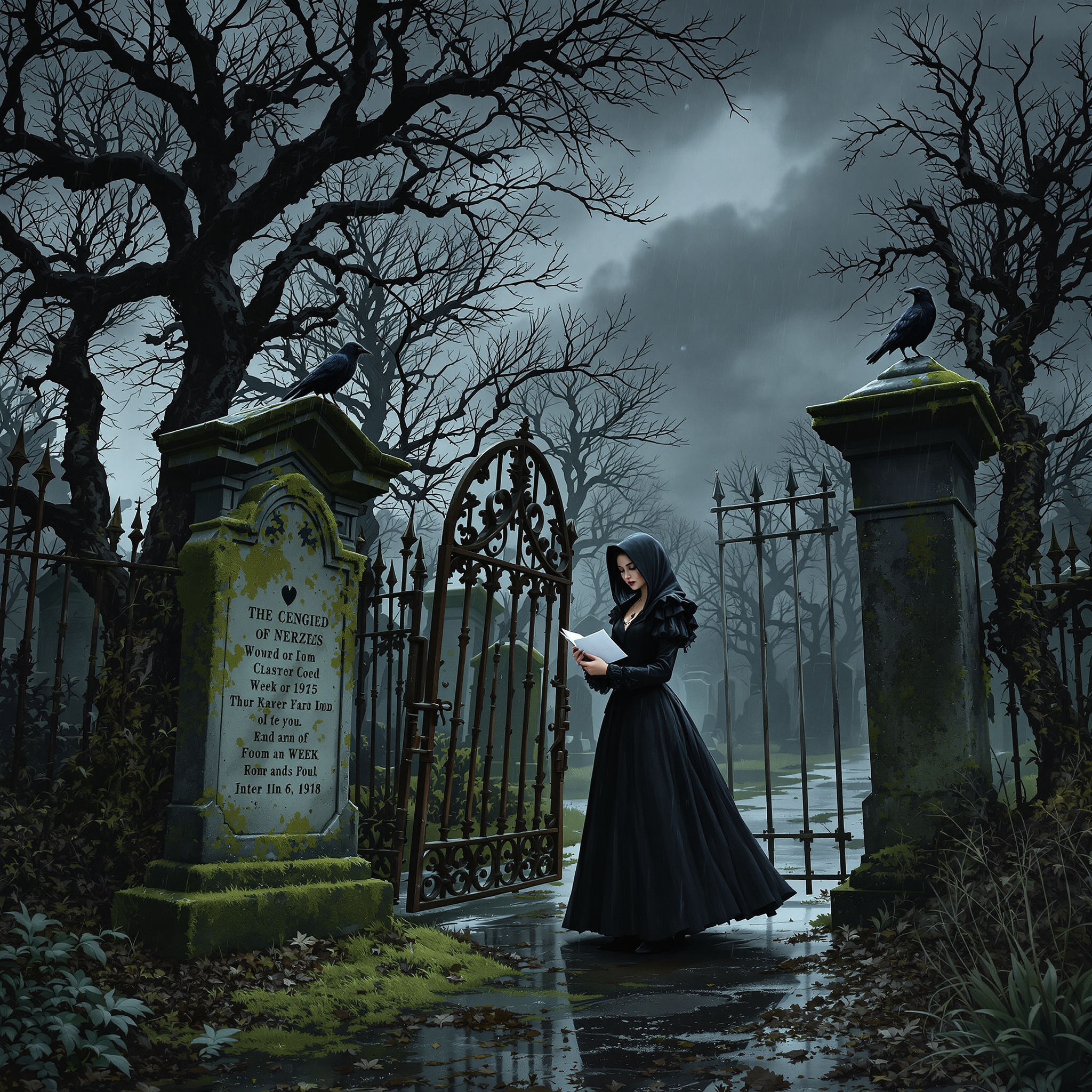This superstition follows the belief that a sneeze occurring on a particular day of the week foretells happenings in the immediate future. For example, sneezing on Monday warns of upcoming danger, while sneezing on Tuesday implies an unexpected romantic or social encounter. Wednesday’s sneeze suggests the arrival of a letter or news, and Thursday points to something favorable. Friday’s sneeze is associated with sorrow, and on Saturday it foretells seeing one’s true love the following day. Sneezing on Sunday is considered particularly inauspicious—with a warning to seek safety, or face a week of misfortune potentially associated with spiritual or diabolical harm. This belief was likely followed by passive observation rather than prompted sneezing or rituals. People were more alert or anxious after sneezing, especially on Sundays, interpreting events that followed within the framework of that day’s meaning.

A baby’s future career or fate is predicted by the first object they select during a ceremonial setup.
In several Asian and Eastern European cultures, a traditional ceremony is held for babies usually around their first birthday. Known


